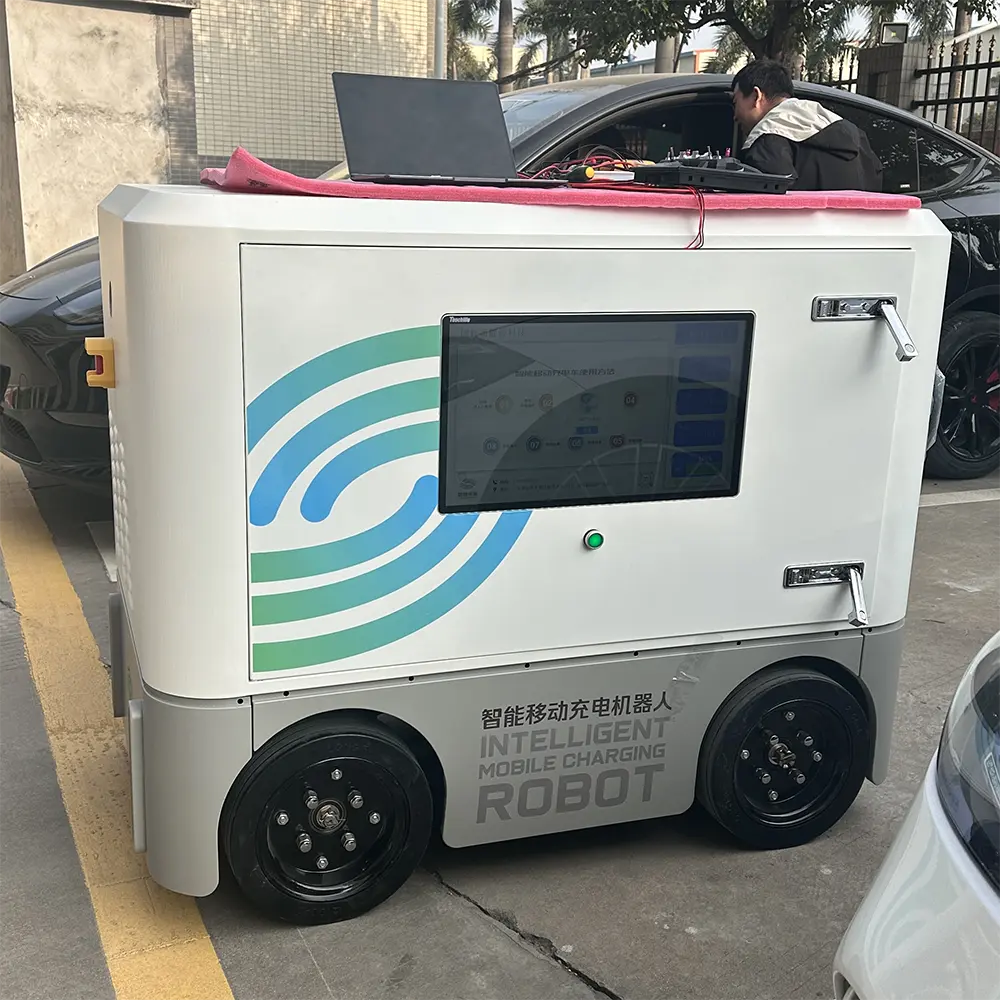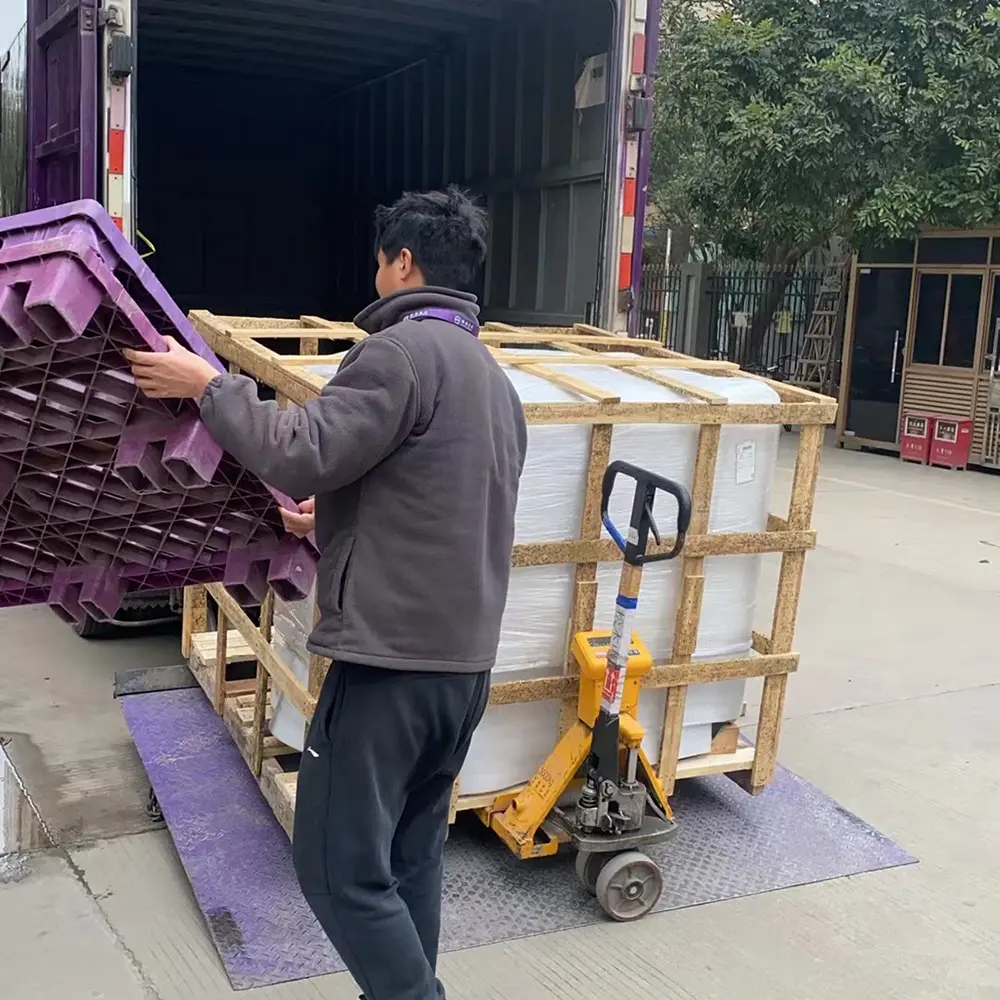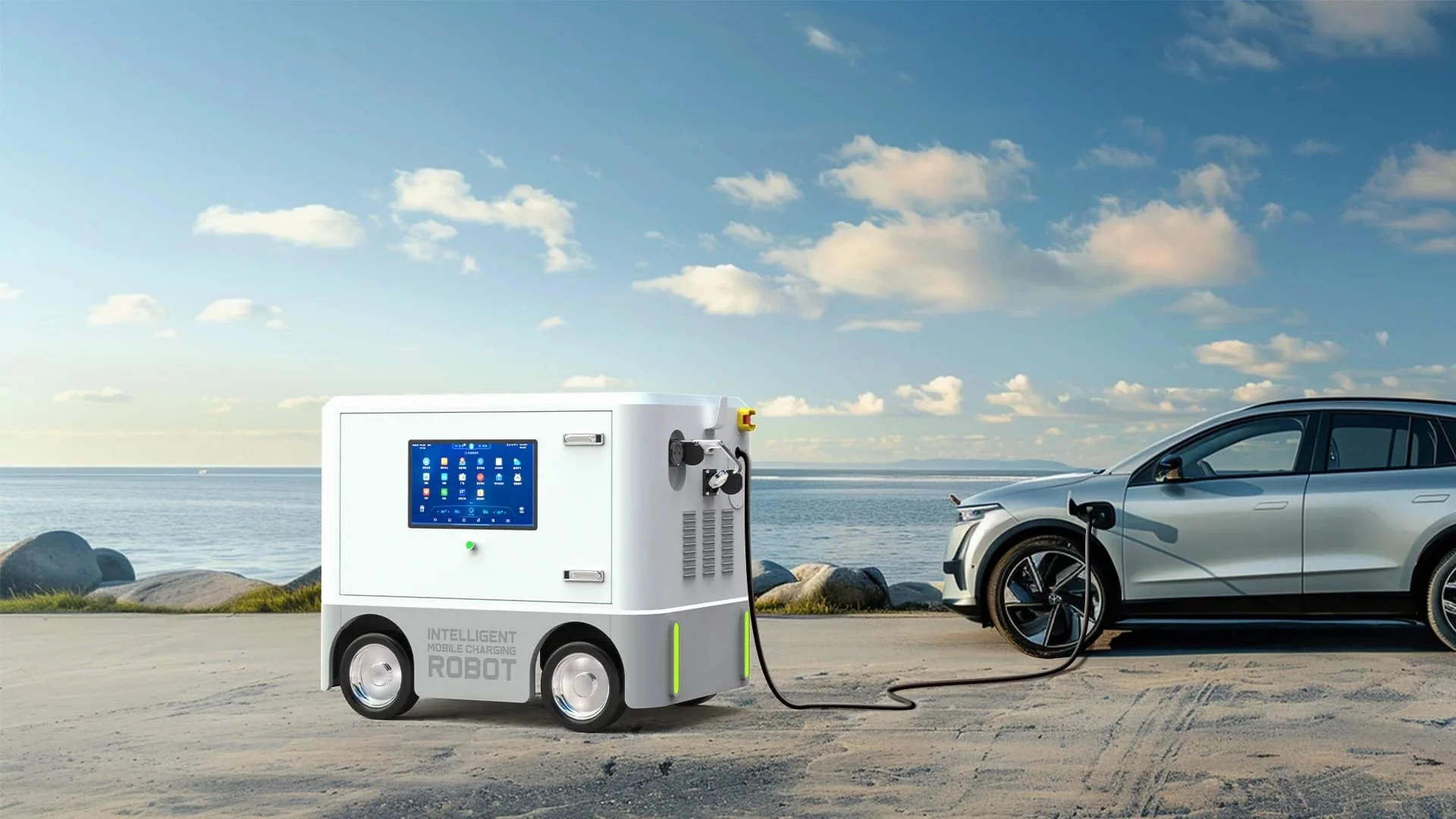Introduction
As Electric Vehicles (EVs) become more prevalent, the need for personalized and efficient EV charging stations is on the rise. This guide will walk you through the process of acquiring a customized EV charging station, from the initial design phase to the final delivery of the product.
Conceptualization and Customization
The first step in acquiring an EV charging station is the conceptualization and customization phase. This involves defining your specific requirements such as the type of charger (Level 1, Level 2, or DC Fast Charger), power output, design, and any additional features like app connectivity or payment integration. You may also want to consider factors like the location, user interface, and branding elements. Once you have defined your specifications, you can work with the manufacturer to create a custom design that meets your needs.
Molding
Once the design is finalized, the next step is the molding process. This involves creating a physical model or prototype of the EV charging station. The manufacturer will use your design specifications to create molds for the various components of the charging station. These molds are then used to produce the actual parts of the charger using materials like metal or plastic.
Testing

After the parts have been produced, the EV charging station goes through rigorous testing to ensure its functionality and safety. This includes electrical testing to verify the charger’s power output and compatibility with EVs, as well as safety tests to ensure it meets all regulatory standards. The charger may also undergo environmental testing to assess its performance under different weather conditions.
Packing
Once the EV charging station has passed all tests, it’s ready for packing. The manufacturer will carefully pack the charger to protect it from damage during transit. This usually involves using protective materials like bubble wrap or foam, and placing the charger in a sturdy box. The box will also contain all necessary accessories and installation instructions.
Shipping
Finally, the EV charging station is ready for shipping. Depending on your agreement with the manufacturer, the charger can be shipped directly to your location or to a designated installation site. The manufacturer will provide tracking information so you can monitor the progress of the shipment. Upon arrival, it’s important to inspect the charger for any potential damage during transit before proceeding with installation.

Conclusion
Acquiring a customized EV charging station involves a detailed process from conceptualization to delivery. By understanding each step, you can ensure that your specific needs are met and that you receive a high-quality, reliable charging solution for your electric vehicle. Remember, the key to a successful EV charging station project lies in clear communication with your manufacturer and a thorough understanding of your specific charging needs.






